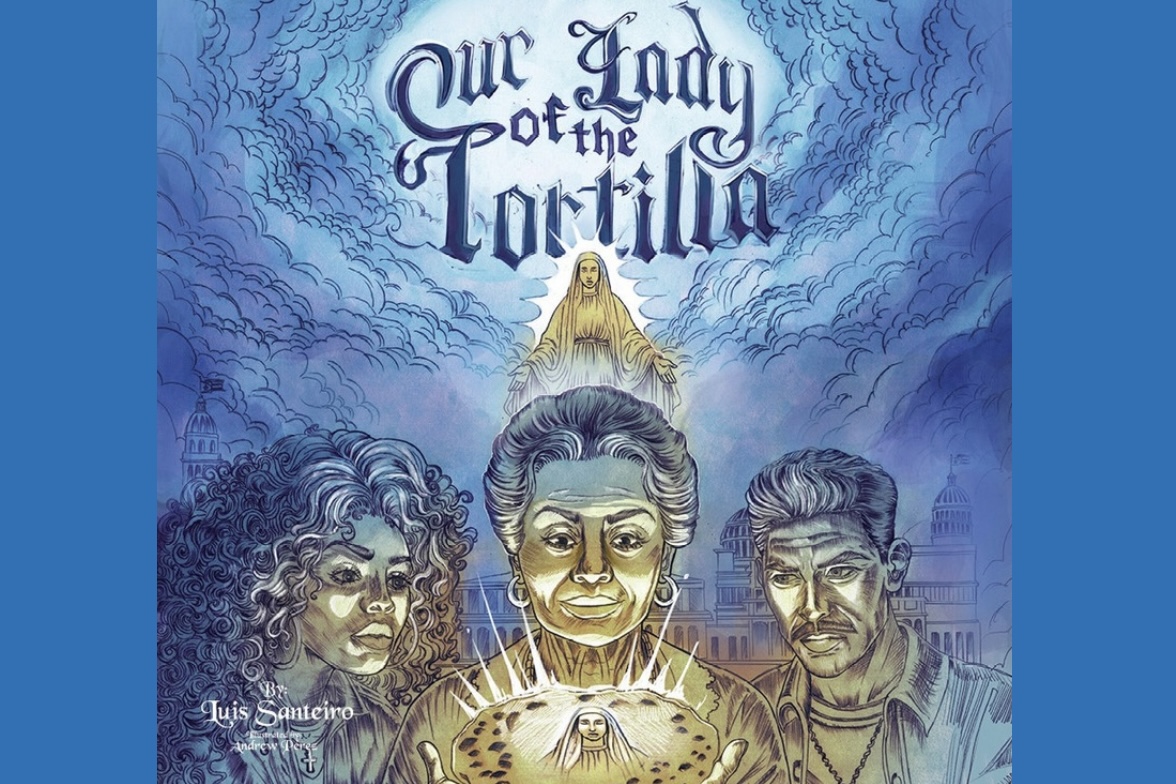At some point in his career, Quentin Tarantino decided he was done making regular movies.
Instead, he developed a crush for making movies about other movies. With “Kill Bill” it was kung fu and samurai epics, and this carried on into “Death Proof” as homage to classic 1970s B-movies.
He’s continuing this trend with “Inglourious Basterds,” a love letter to classic cinema.
“Basterds” is an intentionally misspelled fantasy World War II movie where a group of American GI Jews, led by Brad Pitt’s Lt. Aldo Raine, infiltrate Nazi-occupied France with the goal of killing said Nazi’s in ludicrously graphic ways.
The story is told through separate acts, or vignettes, that focus on the Basterds as they go about terrorizing the Third Reich, as well as a few additional segments that don’t seem to directly relate to Nazi scalping.
At first, this seems to be the fatal flaw of “Basterds;” the segments give the film a disjointed feeling and a weird flow. The film moves past this awkward phase, however, and comes together to form a story that is Tarantino at his best; violent, overblown and brilliantly hilarious.
The story feels like a modern day propaganda film, with Hitler being exaggerated to the point of a cartoon and the Basterds, as cruel as they may be, only doing what their country feels is absolutely necessary.
Also featured is another Tarantino trademark, polished writing that revels in long scenes of dialogue that seem to have no point to the main story, reminding us how rare it is to see a scene where two characters just talk amongst each other. No quick cuts. No action. Just dialogue.
It’s impossible not to fall in love with Pitt’s Aldo “The Apache” Raine, with his thick Tennessee accent and charismatic gruffness. His speech is even more intense and strangely humorous than what is featured in trailers, and he most definitely gets his scalps.
Christoph Watlz’s Nazi Col. Hans Landa is the only other performance worth mentioning, but it’s for good reason. He absolutely steals the show, showing an energy and aloofness that he manages to maintain even when speaking French, German and Italian. He has an unpredictability to his character that makes one act of violence towards the end of the film downright shocking.
The direction is just as polished as the writing, with Tarantino holding back on the flourishes and dramatically epic shots that would make a movie such as this feel cheap.
It’s important to note the “fantasy” before World War II, as this movie has as much historical accuracy as the “The Lord of the Rings.” Tarantino doesn’t take liberties; he takes entire parts of our history and throws them out the window. Despite this, or perhaps even because of it, “Inglourious Basterds” manages to be one of Quentin Tarantino’s best movies in years.






